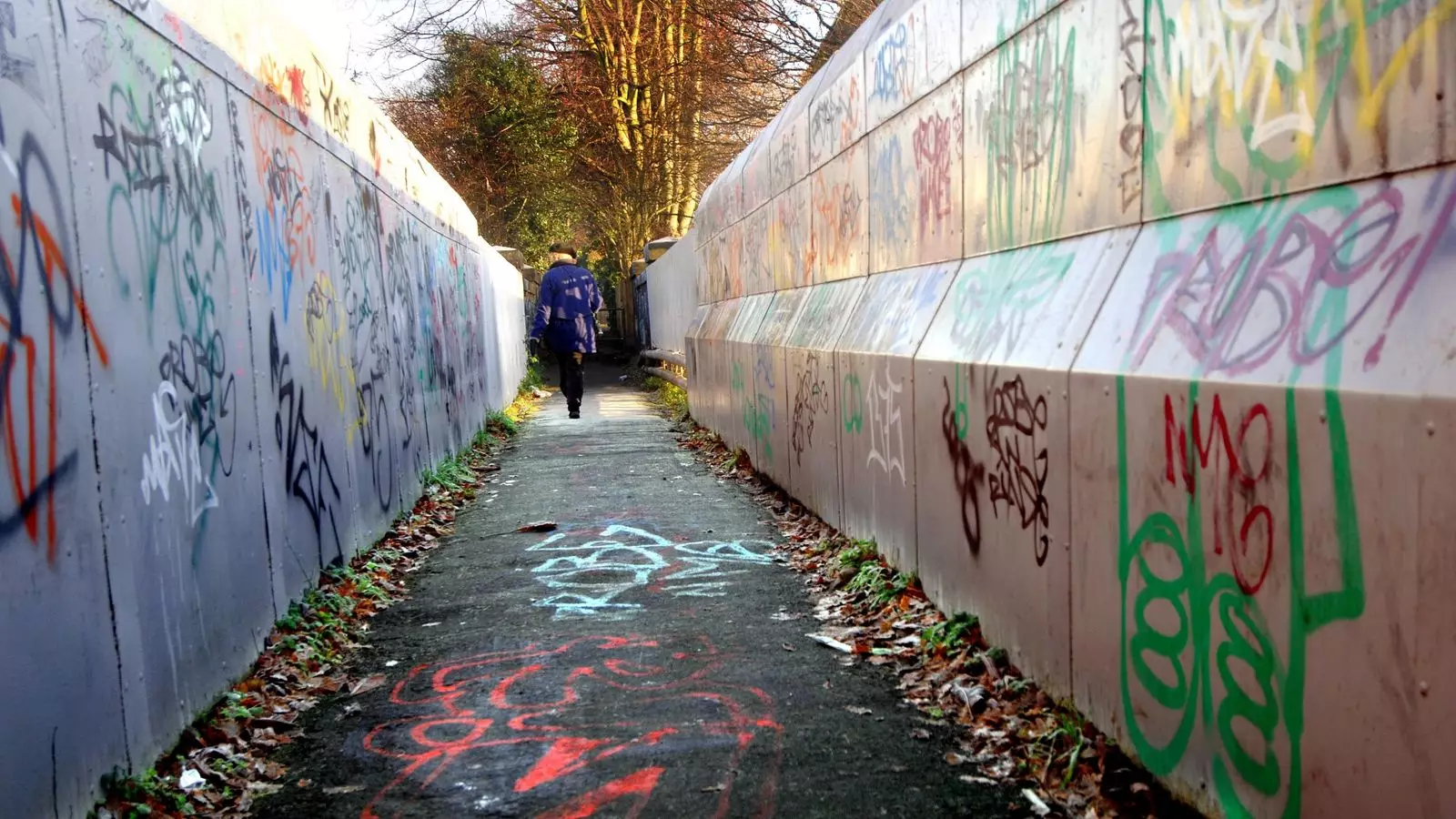In response to the escalating concerns regarding anti-social behaviour (ASB) across communities, the government has introduced a series of measures aimed at curtailing such conduct. Dubbed “respect orders,” these measures form part of a broader strategy outlined in the Labour Party’s election manifesto, which seeks to restore a sense of law and order to urban areas. Under these new regulations, offenders may face significant penalties, including up to two years in prison, unlimited fines, community service, and curfews. While the intentions behind these orders are commendable, a closer examination reveals potential shortcomings and questions surrounding their effectiveness and implications for civil liberties.
Home Secretary Yvette Cooper has emphasized the devastating impact of ASB on victims, noting that many neighbourhoods suffer from persistent disruptions. According to her, the introduction of these respect orders is a necessary step to confront this persistent issue. However, instituting harsh penalties raises significant ethical concerns. The underlying question is whether punitive measures alone can genuinely resolve the complex root causes of anti-social behaviour, such as poverty, mental health issues, or substance abuse. It is crucial to explore whether the approach is fundamentally reactionary, stifling dialogue around prevention and rehabilitation.
The power designated to council and police authorities to impose bans on offenders from town centres adds another layer of complexity. While intended to enhance public safety, these powers necessitate rigorous checks to prevent misuse. The prospect of arresting individuals without warning for breaching respect orders could foster a culture of fear rather than a cooperative community. Furthermore, there are valid concerns regarding how these measures will be implemented equitably across different socio-economic and demographic groups. Historical evidence suggests that minority communities are often disproportionately affected by law enforcement practices, potentially exacerbating existing tensions.
Harvinder Saimbhi, chief executive of victim support charity ASB Help, has commended the emphasis on addressing the root causes of ASB through possible attendance at anger management programs or addiction treatment. This holistic approach merits further exploration, as it aligns with longstanding sociological perspectives advocating for preventative measures over punitive actions. The challenge lies in ensuring that adequate resources are available to support such initiatives, as well as cultivating a community ethos that prioritizes restorative approaches to justice.
While the introduction of respect orders represents a significant policy shift aimed at addressing the pressing issue of anti-social behaviour, there are several critical factors that warrant consideration. The potential for heavy-handed enforcement, implications for civil liberties, and the need for a comprehensive strategy that tackles underlying issues all demand careful thought. As the trial of these measures unfolds, it will be imperative to monitor their impact on communities and assess whether they in fact contribute to a safer, more cohesive society. The challenge lies not only in implementation but in crafting a balanced approach that recognizes the complexity of human behaviour, fostering both accountability and support.


Leave a Reply